Improving machine operation on construction sites with the IoT - DEEP
Improving machine operation on construction sites with the IoT
08 February 2022
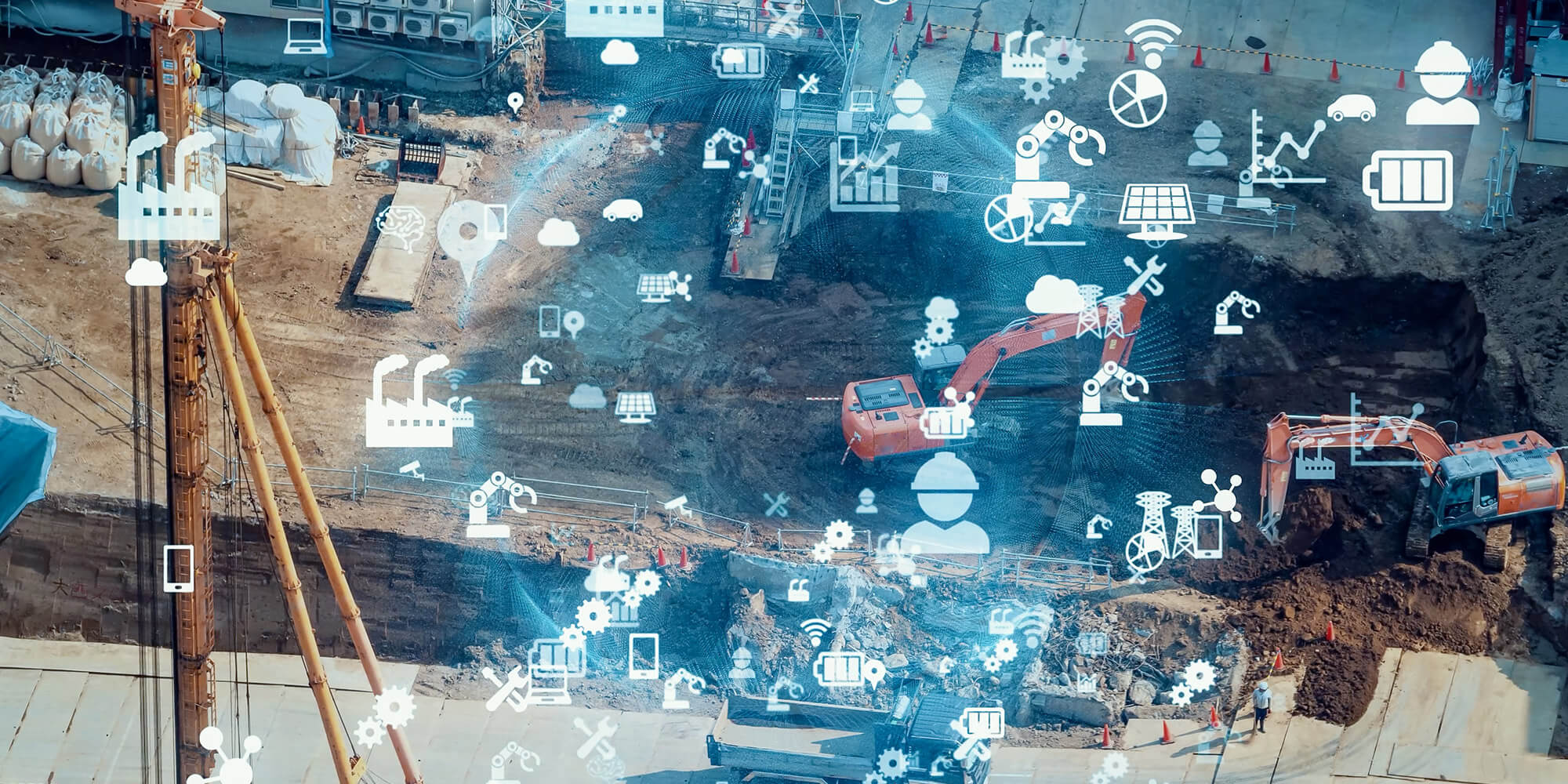
Tralux and Mako, both well-versed in the needs of industry players, have joined forces with technology expert DEEP to create a platform for monitoring equipment on construction sites. Using sensors to connect objects helps improve the management and use of equipment on site and affords operators greater flexibility.
In early February, at the 4th DEEP IoT event, entitled “Flexibility, your new superpower”, Mako and Tralux discussed the benefits of implementing an asset tracking platform to facilitate the management of their machine fleet.
Geolocating equipment and improving tracking
Tralux is a major player in Luxembourg’s construction sector. The company manages between 40 and 50 construction sites across the country at any one time. Mako specialises in the rental, sale and maintenance of construction machinery. As part and parcel of their operations, both companies need to manage a large fleet of equipment and machinery spread throughout the country. They also work together, with Mako providing equipment to meet the needs of Tralux. “In our interactions, we found that we faced the same difficulties with monitoring the equipment made available and centralising information,” explains Alain Wagner, Director of Mako.
It became apparent that the companies had similar needs with respect to improving equipment management and managing flows between the sites and the two entities. “There was a need to geolocate the various types of equipment at all times, to carry out automated daily inventories, and to gather all the data from the connected devices and machines within a single platform,” explains Thomas Houin, Head of the Equipment Department at Tralux.
Bringing multiple datasets together in one place
Today, most manufacturers of large construction machinery offer access to usage information via dedicated platforms. For users, however, there is real value in aggregating all the data from different sources on a single platform, to better monitor equipment and manage productivity. “It is difficult to integrate all this data,” continues Thomas Houin. “And we didn’t have a way to monitor smaller machinery.”
An adapted platform, offering a 360° view
Eager to move forward on these issues, the two companies decided to create the shared, open platform they needed. To do this, they relied on DEEP's expertise and IoT solutions. The solution that was implemented, called Livemat, offers a 360° view of the machine fleet. It is based on an IoT platform, allowing for aggregation of data from the platforms of the various equipment manufacturers and other information from sensors on non-connected equipment. “This platform provides access to dashboards showing us which equipment is available at any given time,” explains Alain Wagner. “We have access to the location and status of each item in the fleet and can even, if necessary, ascertain the nature of a breakdown in order to intervene more effectively.”
Improving maintenance, preventing risks
Taking DEEP's IoT approach as a starting point, the solution can be enhanced with alert, reporting and equipment management features. For example, on-site steps such as recording detailed metrics can be used to prevent flooding risks or exposure to excessive heat, and thereby protect the equipment. Geolocation, with the possibility of delimiting the perimeter of the site where each machine can be used, also helps to protect against theft.
“Livemat relies on a broad ecosystem of measures, from the introduction of sensors to the use of adapted networks, via data centralisation and data restitution according to the company's needs,” explains Laurent Rapin, IoT specialist at DEEP. “This platform has been implemented and is being developed on the basis of a collaborative design approach, with the establishment of a dedicated proof of concept, to improve the solution. The approach allows for a custom response to players’ needs, but it is in fact totally adapted to the needs of the construction industry, as it was specifically defined for this business sector.”
In particular, the solution has a built-in feature whereby information is shared by Mako, the rental company, with Tralux, the user.
Optimising production
The benefits of the solution for both companies are now clear. In addition to automatically collecting and consolidating data, it provides better visibility over the machine fleet and enables better planning of operations and preventive and corrective maintenance. “It’s possible to remotely monitor how many hours each machine is in use and even fuel levels, allowing the fuel supplier to work more efficiently,” explains Alain Wagner. The solution makes it easier to monitor each and every action. It ensures production can be optimised on the basis of the operational data available. “The platform has automated much of the work of transferring data from one system to another. For example, data can be transferred directly from the platform to the company's ERP system with a view to improving invoicing based on the actual use of the equipment,” comments Thomas Houin. “The information and indicators we need to manage the business more effectively are easily accessible.”
The LiveMat solution is now available from DEEP for the entire construction industry.
Contact us
Do you have any questions about an article? Do you need help solving your IT issues?
Contact an expert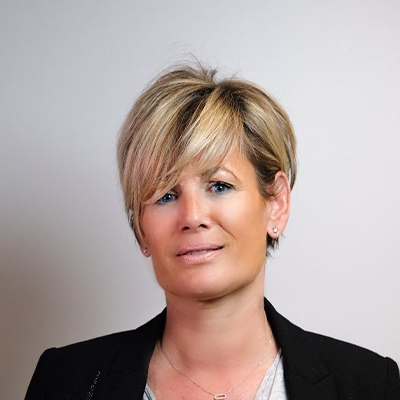
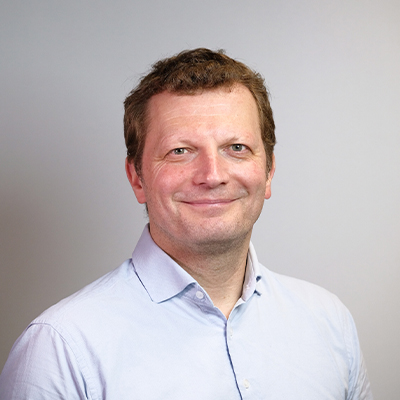



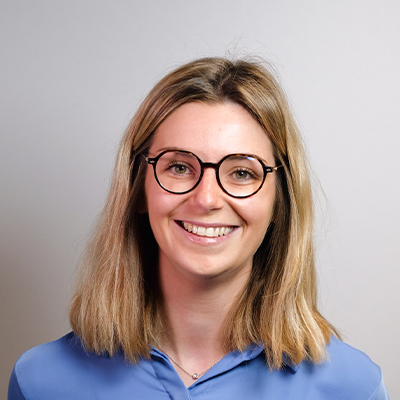

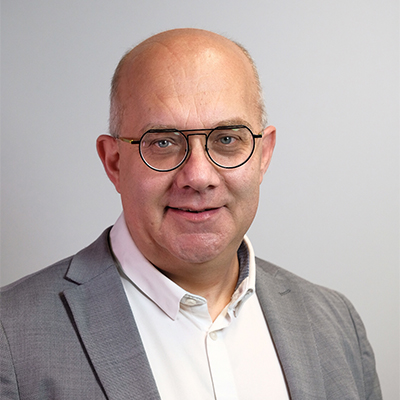
Our experts answer your questions
Do you have any questions about an article? Do you need help solving your IT issues?
Other articles in the category Telecom
Why and how to manage your network?
With the development of hybrid workstyles, it's essential to implement a robust network configuration manager to effectively manage the network and the large number of connected devices. The solution? The Meraki Dashboard!
Published on
14 May 2024
Ten years of easier business telephony management thanks to CloudPBX
. In the world of business telephony, this new product represented a major step forward, allowing for fixed-mobile convergence, offering greater flexibility to employees and making it considerably simpler to manage in-house telephone systems.
Published on
15 September 2023
ConnectedOffice, the business offer for connectivity
DEEP 's ConnectedOffice is an all-in-one offering that addresses the simple to complex connectivity and networking needs of SMEs
Published on
28 February 2023



